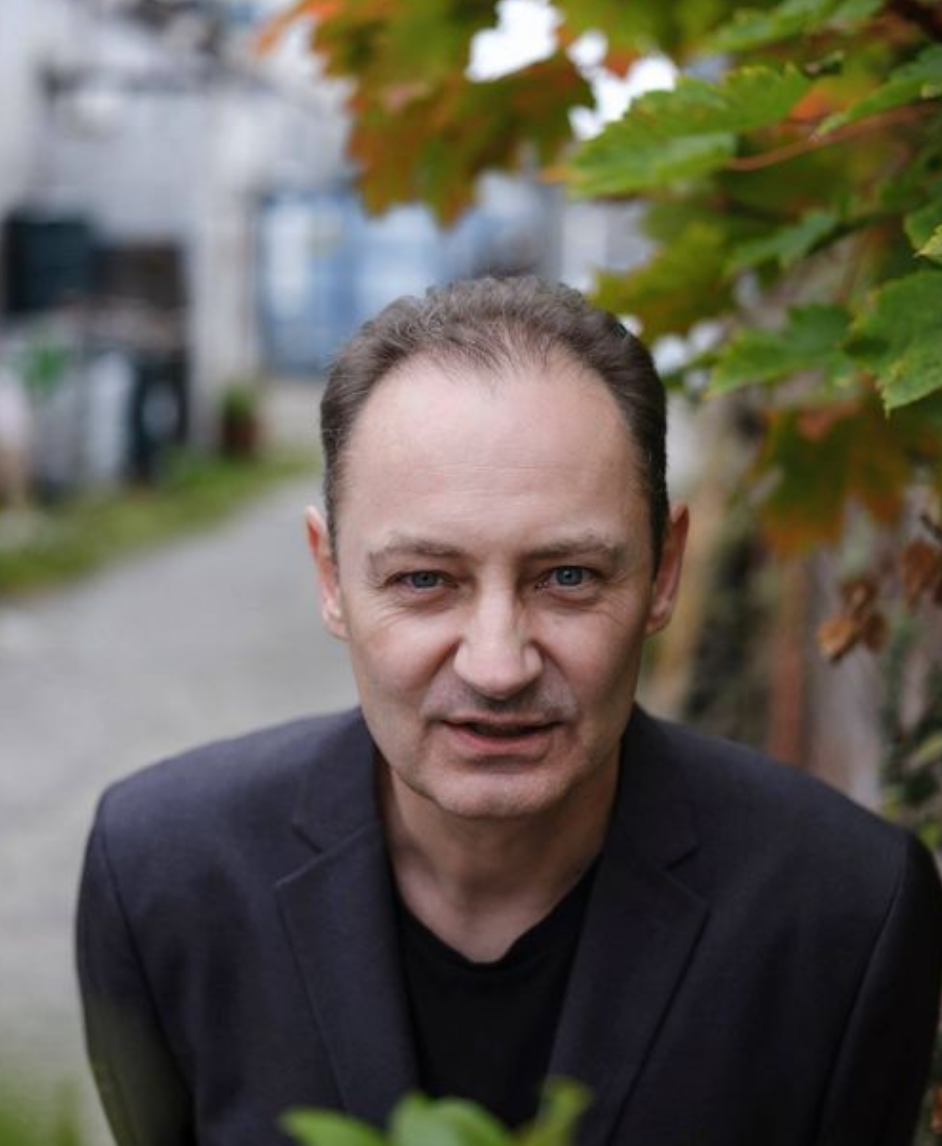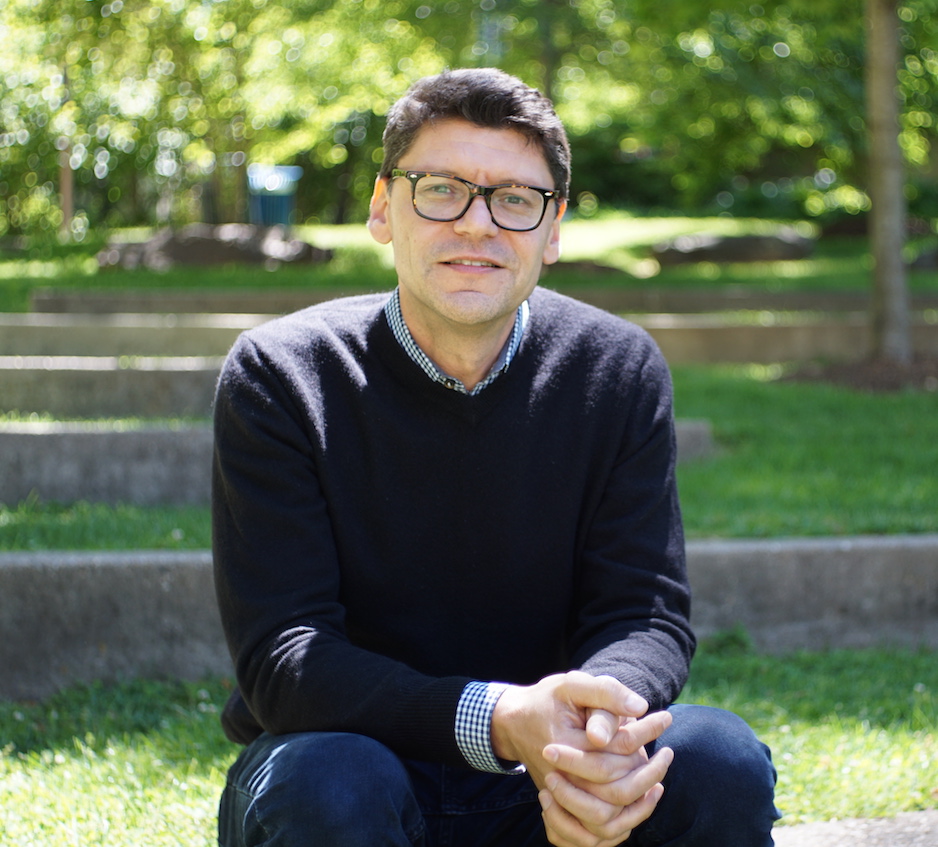There were some rather unconventional selections one could choose in the automat cafeteria: layer cake of snow, leg of lamb in a large sock, bath brush with sauce. While the fire alarm rang, and the sprinklers poured water over us, we sat down at our table, each with our dish. You had a trumpet with a cold, I a small dolmen. “I hate surrealism,” you said, and I explained why it has nothing to do with surrealism. “Also, look at how beautiful it is when the heavy drops of water hit the table top,” I tried. Exactly at that moment, the trumpet sneezed. A sneeze so suppressed, embarrassed, it seemed almost human.
Trumpet
Carsten René Nielsen
Translated from the Danish by David Keplinger
Feature Date
- September 11, 2020
Series
- Translation
Selected By
Share This Poem
Print This Poem
Excerpted from Forty-One Objects: Prose Poems by Carsten René Nielsen
Published by The Bitter Oleander Press, 2020.
Copyright © 2020 by Carsten René Nielsen, translated by David Keplinger.
All rights reserved.
Reproduced by Poetry Daily with permission.

Photo:
Preben Stentoft
Preben Stentoft
Carsten René Nielsen: Born in 1966, Carsten René Nielsen is a Danish poet and the author of eleven books of poetry and one book of flash fiction. He has won the Michael Strunge poetry prize, and three of his books have been translated into English: The World Cut Out with Crooked Scissors (New Issues, 2007), House Inspections (BOA, 2011), and Forty-One Objects (Bitter Oleander, 2019), recently longlisted for the 2020 National Translation Award in Poetry from the American Literary Translator’s Association. He lives in Aarhus.

Photo:
Czarina Divinagracia
Czarina Divinagracia
David Keplinger: David Keplinger is the author of six books of poetry, most recently Another City (2018), which was awarded the 2019 UNT Rilke Prize, and The Long Answer: New and Selected Poems (2020). He is the recipient of the 2020 Emily Dickinson Award from the Poetry Society of America. He teaches at American University in Washington, D.C.

Fayetteville, New York
"One of the first Carsten René Nielsen poems I translated, now almost twenty years ago, was a little gem called 'X-Ray': 'She uses the tail of a fish skeleton as a fan. Musical tones pour out of her ears and float through the air like droplets; it is a room with no gravity. She dances slowly in place with her three most important tubes: the spine, and the windpipe, and the arms, which work as a balancing rod. Together they form three white lines in the dark. Her face is not seen.'"
—from David Keplinger's introduction
Poetry Daily Depends on You
With your support, we make reading the best contemporary poetry a treasured daily experience. Consider a contribution today.



